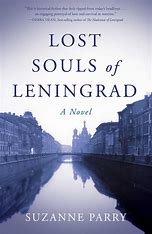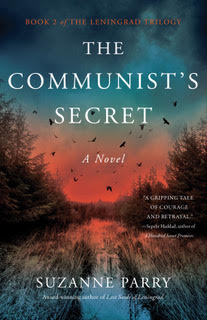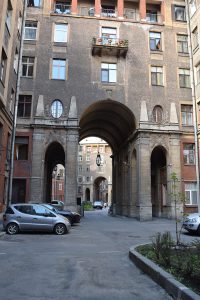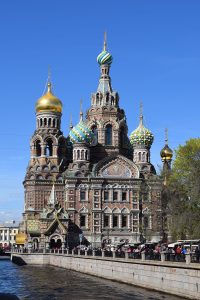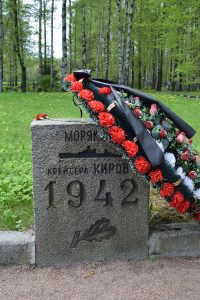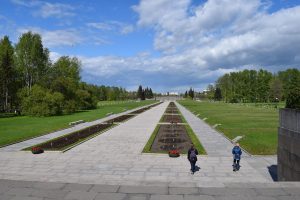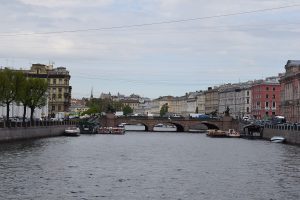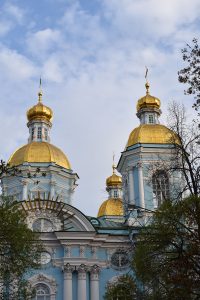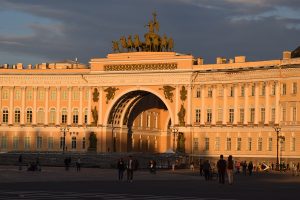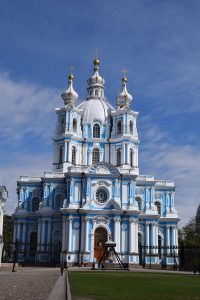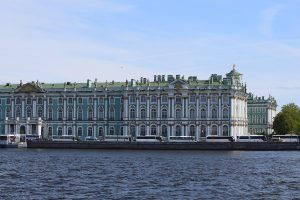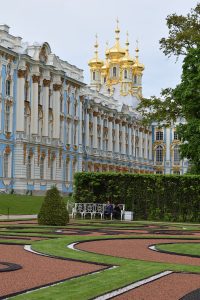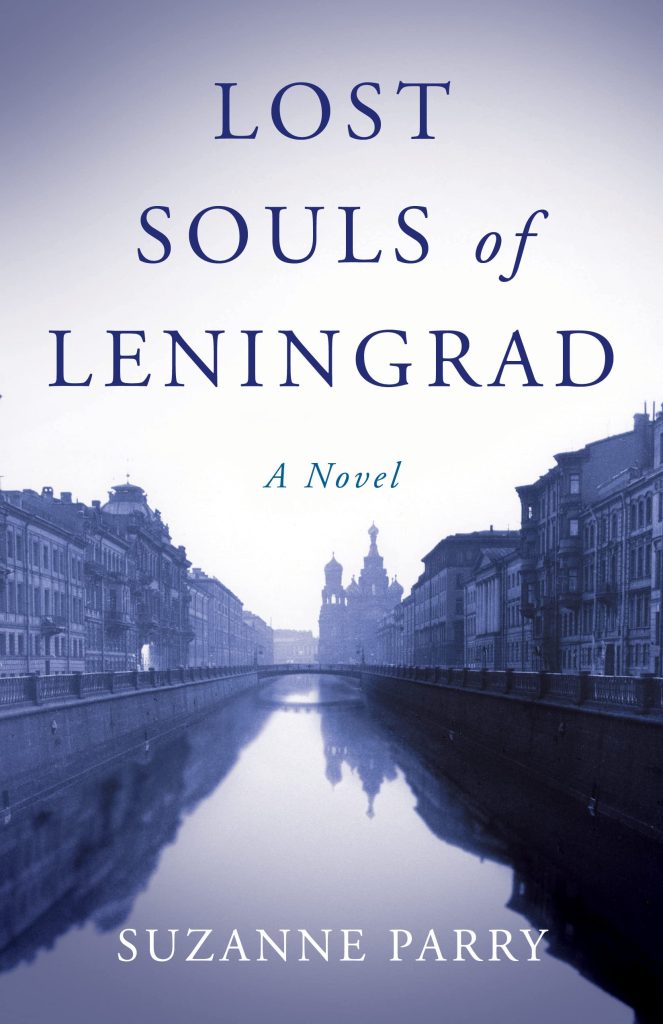The Leningrad Trilogy
Book One
From the tyranny of Stalin through the desperation of World War II, this is a story of struggle and survival, of devotion, duty, and family, and of love lost and sometimes found again.
Book Two
A vivid World War II saga of one woman’s struggle against the Nazis and her own demons in a tale of courage, second chances and the search for forgiveness.
AUGUST 5, 2025
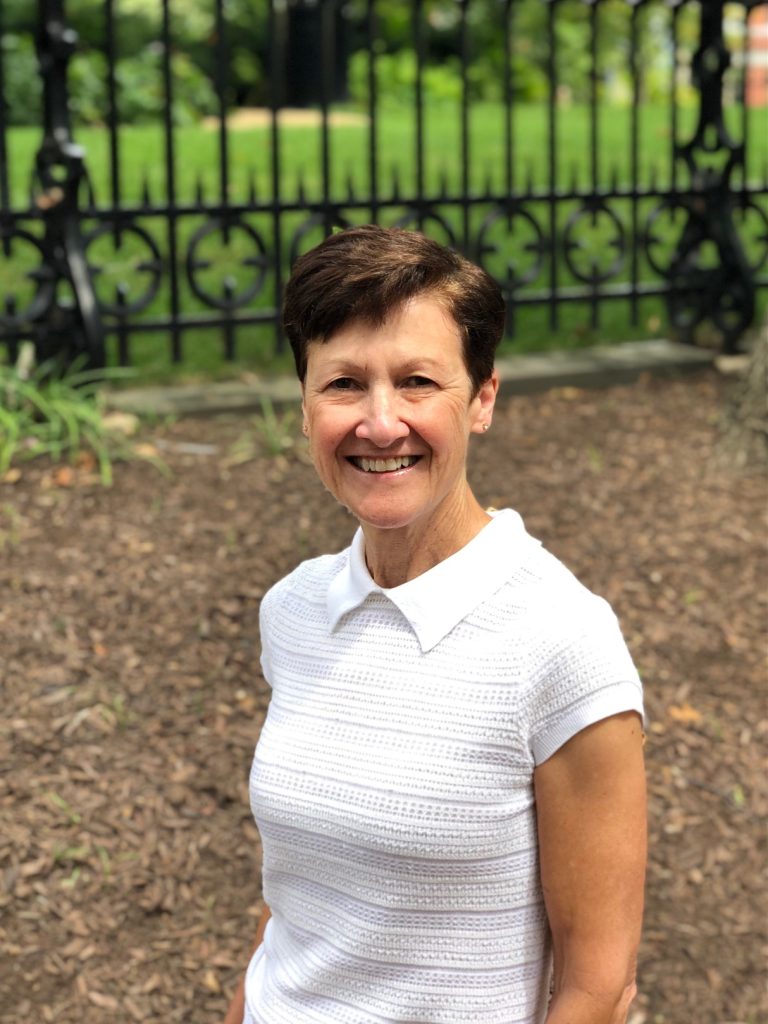
About Suzanne
Former Pentagon arms control negotiator Suzanne Parry writes 20th century historical fiction because it tells us something urgent about our 21st century world. She studied Russian in Moscow, taught university, ran dozens of marathons, coached high school cross-country and raised a large family. Suzanne lives on both coasts but calls Portland, Oregon home. The Communist’s Secret is her second novel.
About Lost Souls of Leningrad
Latest Blog Post
This article, published on April 4, 2025, was inspired by “Lost Souls of Leningrad” and written by a journalist/novelist friend of mine, Michael J. Fitzgerald, who writes a column for the Finger Lake Times in Geneva, NY. I just finished reading “Lost Souls of Leningrad” a page-turner, historic novel by Suzanne Parry set in Stalinist…
Read MoreBackstory
The story behind the story. Every book has one.
For me, it began when I was a student. At twenty-one, I managed to spend my last semester of college in the former Soviet Union. This was the late 1970s—the height of the Cold War—and exchange programs were few. Ohio State University had one, and I joined a group of thirty-some American and Canadian students on the adventure of a lifetime.
